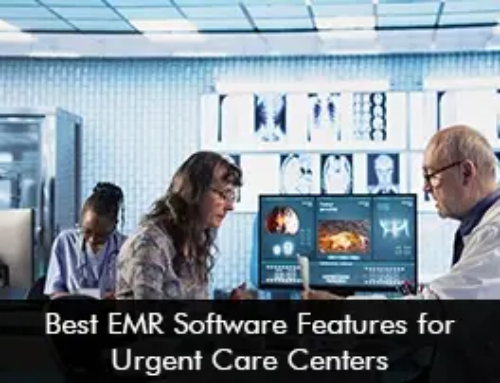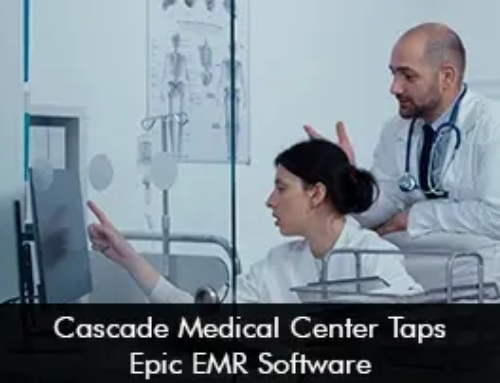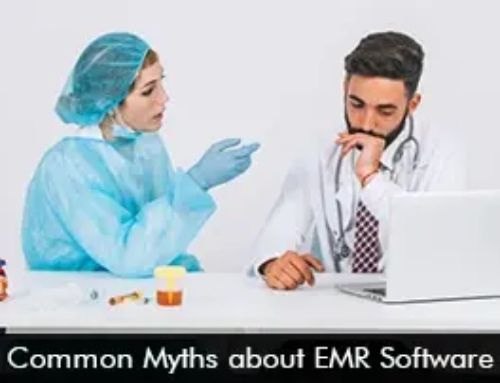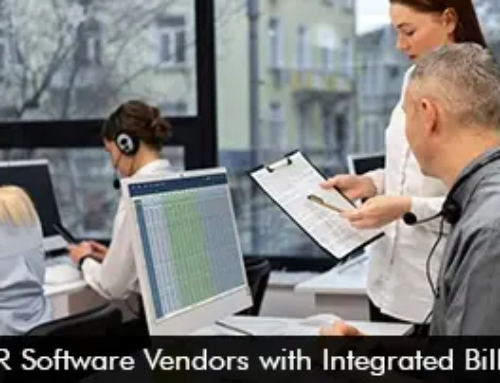Oracle’s acquisition of EHR Software vendor Cerner will transform EHR usability through a voice-user interface which is a health management information system. Both Cerner PowerChart Ambulatory EMR Software and Oracle have the right technical expertise to create a revolutionary new health information system in the cloud.
The health management system and its issues
It is important that in today’s world the health management system is more patient-centric rather than hospital-centric. Each healthcare organization or hospital purchases its information system and operates it. The electronic health data is dispersed through a dozen of databases, one for every healthcare provider a patient has visited.
Data fragmentation
This causes the issue of patient data fragmentation. When clinicians don’t have seamless access to comprehensive patient data, the clinical decision-making process can be impacted negatively ultimately impacting patient outcome levels.
Data fragmentation can also cause problems for public health as the data from the EHR is scattered across various databases all over the country. This makes it difficult for public health officials to keep a track of the patients that were hospitalized due to COVID-19 in the past 24 hours, for example.
How will Oracle and Cerner modernize the EHR system and address the issue of data fragmentation?
Oracle and Cerner will resolve the issue of data fragmentation by setting a unified health records database on top of the thousands of hospital databases. The data will intact patient health data privacy and security by anonymizing every record.
Healthcare providers can only get access to health records if patients allow them. Complete data privacy is ensured as patients can give access to their health records in the national EHR system database. The database will be a gateway to offer up-to-date information to public health officials and doctors to make informed clinical decisions without compromising privacy.
Oracle and Cerner will modernize Cerner’s EHR Software system, Millenium. This will enhance EHR usability through an integrated telemedicine module and a voice user interface. Administrative tasks and workflows will be improved such as the management of inventory and ordering supplies. Managing inventory in healthcare can be complex. The process will be streamlined by putting RFID tags on all drugs and key medical supplies so they can automatically reorder.








